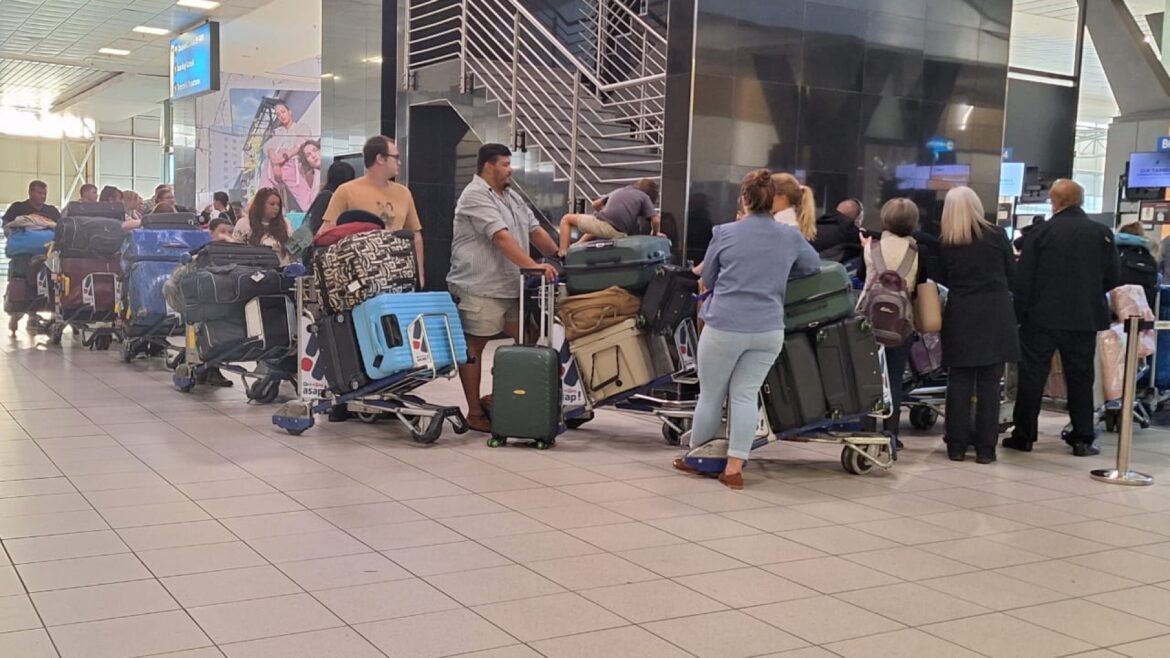In a move stirring diplomatic tensions and international debate, 49 Afrikaners from South Africa have been resettled in the United States under a refugee program backed by former President Donald Trump—despite firm objections from the South African government, which insists they do not meet the legal definition of refugees.
South Africa’s Department of International Relations and Cooperation (DIRCO) has criticized the resettlement as “politically motivated,” accusing Washington of exploiting internal policy debates to undermine the nation’s democratic framework. Officials argue the Afrikaners’ claims of persecution—primarily centered around racial discrimination and land reform fears—are exaggerated and unsupported by either domestic or international refugee law.
“These individuals are not victims of state persecution,” a DIRCO spokesperson said. “Afrikaners continue to occupy positions of significant economic privilege in South Africa. Granting them refugee status while others with far more legitimate claims are turned away reflects a deeply troubling double standard.”
At the heart of the controversy lies South Africa’s Expropriation Act of 2024, which allows for land reform but, according to government officials, does not involve forced seizures of white-owned property. No land has been confiscated under the law to date, they maintain. Instead, the policy is intended to rectify apartheid-era injustices through fair and negotiated means.
Nevertheless, the Trump administration cited this very legislation—along with reports of violent farm attacks—as justification for granting refugee status. A U.S. State Department memo refers to “racially charged violence,” including murders and home invasions, some going back 25 years, as evidence of systemic threat.
In a highly unusual move, the Afrikaners’ applications were expedited, with some processed in mere months—a stark contrast to the 18–24 months typically required for asylum seekers from regions plagued by war, poverty, or political instability. Refugee advocates and South African officials alike have condemned the fast-tracking, calling it a dangerous precedent.
“This undermines the credibility of the refugee system,” said one human rights analyst. “When wealthy individuals from relatively stable democracies are prioritized, it raises serious questions about equity, motive, and the misuse of humanitarian protections.”
As the Afrikaners begin new lives in the U.S., the diplomatic fallout continues to unfold—highlighting deep divisions over how nations define persecution and who truly qualifies as a refugee.
